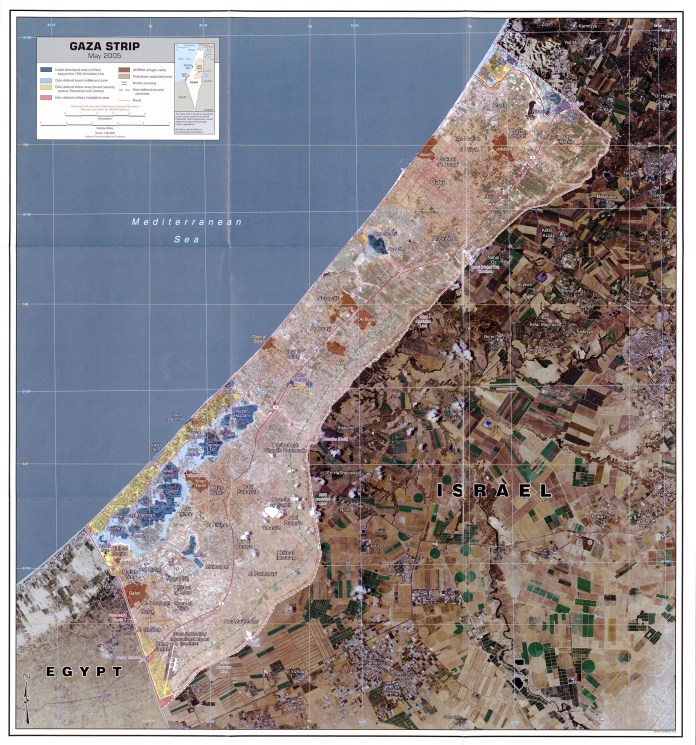It is easy to label the erupting crisis in the Israel-Palestine corridor as a meaningless tragedy; in many ways, this is correct. What began as a small Israeli incursion into the West Bank to rescue three Jewish teenagers from a suspected kidnapping by Palestinian radicals has quickly escalated.
Palestine’s influential Hamas faction has sought vengeance for the heavy-handed tactics of the Israeli incursion, responding with a hail of largely ineffective rocket attacks. Israel has responded in kind, and now, has initiated a ground invasion, targeting the rockets’ epicenter in the Gaza Strip. Negotiations between the Palestinian Authority and Israeli state have been cast asunder, optimism forgotten.
But, there may be a silver lining to this mayhem. With peace negotiations dead for the moment, it may be a long time before trust between the two sides is sufficiently rebuilt for peace negotiations to begin again. By then, Israeli settlement into West Bank will have likely expanded extensively, leaving the possibility for neatly separating Jews and Arabs cleanly into two states much more doubtful.
If Palestinian political forces abandoned aspirations for independence, they could further the interests of their own people.
The longer negotiations wait and settlements continue, the more impossible a two state solution will seem. Indeed, even now the prospects are dim. Israel, with a decisive military advantage, has little reason to offer Palestinians anything more than a territorially gutted rump state. Under such circumstances it is difficult to imagine the entirety of Palestinian society being left satisfied enough to give Israel the peace it desires.
Still, both sides cling to the prospect of two states. Many Palestinians, hardened by conflict, remain nationalistic — hardly enthusiastic to take up the passports of their archenemies. And many Israelis neither want to make territorial concessions nor have to deal with diluting the Jewishness of the Zionist project their ancestors worked so hard to create.
However as hopes for a two state solution continue to wane, perhaps hopes for a one state solution may wax. This would offer a far more meaningful path forward for the region. For if Palestinian political forces were to embrace Israeli annexation and abandon aspirations for independence, they could further the interests of their own people far more significantly than their current course.
For the Palestinians, official Israeli annexation could offer access to participation in the labour markets of one of the region’s most advanced economies, and relief from Israel’s robust welfare state. Israelis, too, could benefit from such a path. Given access to meaningful economic opportunities that Israeli citizenship would afford them, Palestinians would likely become less receptive to the seductions by violence advocates.
Israelis seek security. Palestinians seek a future. The status quo does not offer this, but nor does the two state peace plan both sides currently aspire to. However, as each successive crisis crumbles hope in these aspirations, the peace discourse may veer toward a healthier direction.







































How do you think that a one state solution will deal with the large number of Palestinian refugees who would seek repatriation and citizenship in Israel? This would make the Jewish people a minority group in Israel and no longer able to affect legislation in their own favour, effectively making Israel redundant.
Actually the ratio of Jews to Arabs would be pretty equal, both sides would have plenty of influence. And the former would be better funded, more economically and socially entrenched and still hold sway over a larger portion of society. Anyway, shouldn’t rulers rule for the good of all society, not just their ethnic group? Israel at present makes much noise about how they embrace their 20% Arab citizenry as full members and celebrate their equal rights.
What is the problem with that scenario? The only way to peace is for people to learn to live with each other, and all Palestinians and Israelis seem to have a right to live in this tortured land. As the Economist once put it – bulldoze the so-called holy spaces and build low-cost housing for the poor. If there is a god, I’m sure he would approve…